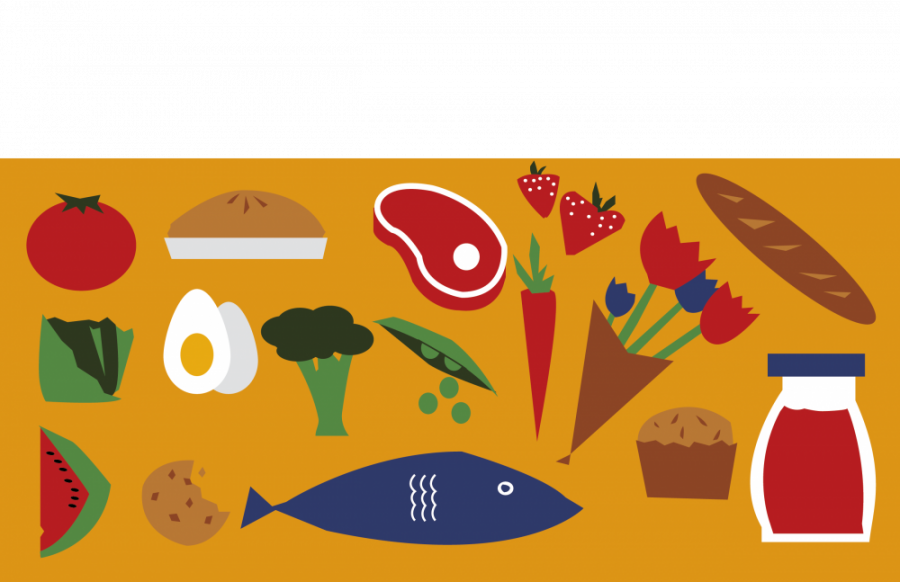Three University of Minnesota colleges have developed a new program to help develop professionals who can effectively navigate the complex global food system.
The Integrated Food Systems Leadership program is a new graduate-certification program for leaders working in the food system. The program is designed to build leadership skills for employees in all aspects of the food system, like food production, food marketing and regulation.
IFSL will begin in the fall and it aims to train leaders in the food system to solve growing challenges, such as rising food safety incidents, food waste and feeding a fast-growing population.
“Our global food system needs real change if we are going to feed the growing population while preserving the planet’s ecosystems,” said Jennifer van de Ligt, director of IFSL and associate director of the University’s Food Protection and Defense Institute. “We need people who can think broadly and are empowered to impact and improve the food system.”
The program will also have advisers from various food system industries to help students in the program.
“In my years of experience in multiple roles within the food industry … I have come to realize that to truly exercise leadership in food systems, besides having a solid technical background, it is important to be able to think critically and [be] oriented towards solutions to problems in a global context,” said Rolando González, an advisor to the program and the vice president of public health at a global food safety consulting group.
Most professionals in the food system are hired for their knowledge in a specific area, van de Ligt said.
However, many current programs are either too narrow or too general in focus to tackle the complexities of the entire food system, according to Tamara Nelsen, an advisor to the program and executive director of Minnesota AgriGrowth. Minnesota AgriGrowth is a nonprofit which represents the agriculture and food system industry.
“By focusing on building knowledge and understanding of linkages within the food chain, the IFSL program uniquely qualifies participants to actively apply that knowledge across the food system, thereby improving their ability to provide strategic leadership on issues,” Nelsen said.
Van de Ligt said professionals need to think about the whole food production system in order to be leaders. They also need to know how all decisions made in the system affect people and the environment.
For example, consumers have become increasingly aware and sensitive to the activities of food companies, van de Ligt said, and they’re demanding new levels of transparency.
“Food and beverage companies must change the way they do business to provide [customers] with the information they are demanding,” van de Ligt said.
She said she believes the next generation of leaders will need to understand these relationships and think about how all these pieces, from production to marketing and sales, work together.








